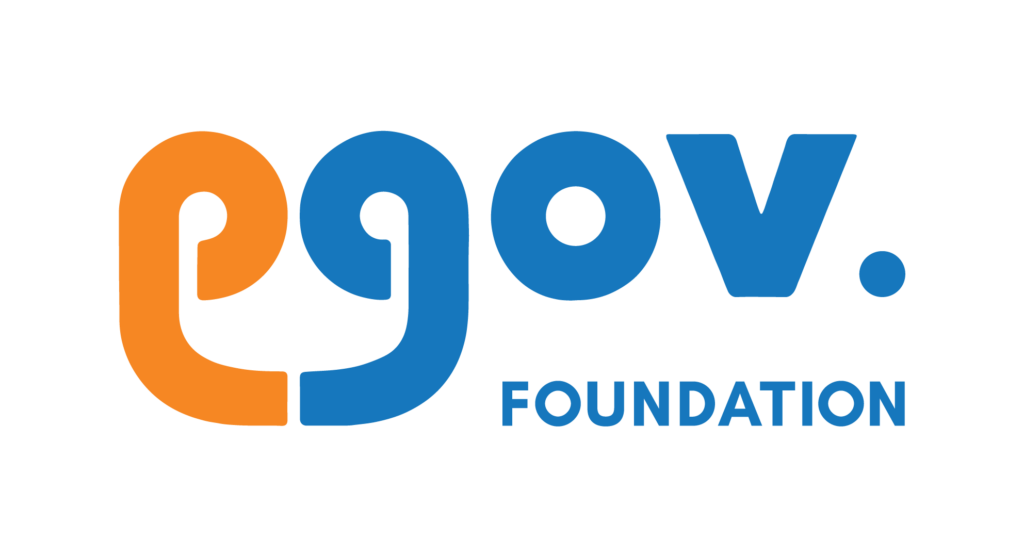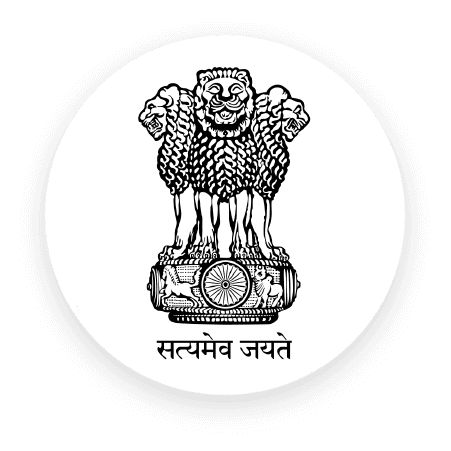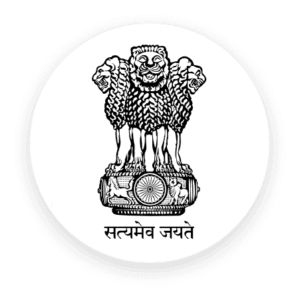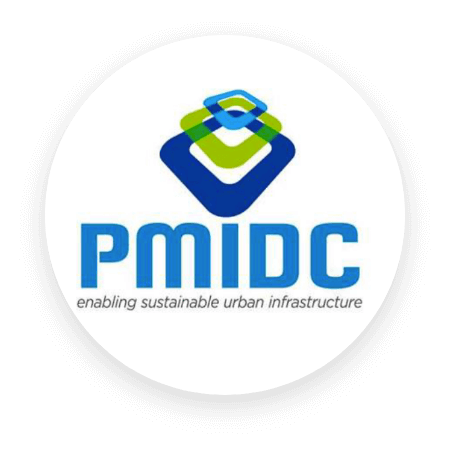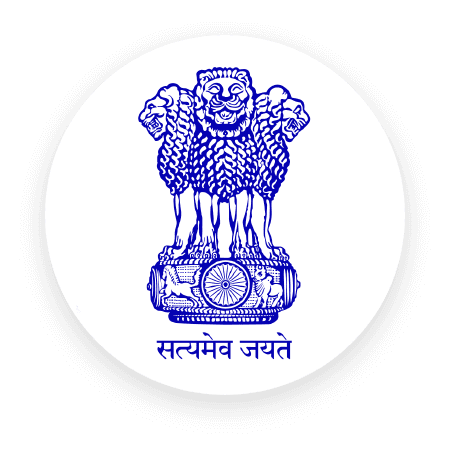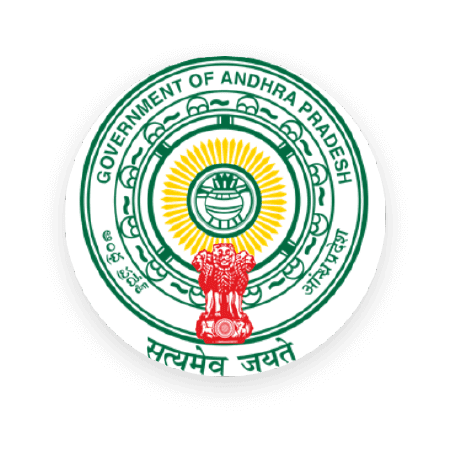Local government bodies are mandated to provide for functions such as urban planning, regulation of land use and construction of buildings, roads, and bridges; the provision of water; public health; and sanitation and solid waste management. Municipal government operations include over two dozen areas, ranging from grievances, local taxes and fees, water and sewage connections, record keeping (births, deaths, marriages, etc.)
These areas can be organised into four categories: revenue, expenditure, citizen services, and general administration. Data flows either directly from the citizen, or from other governmental databases. For each area, a defined set of data is collected; as the workflow unfolds, a rich record is created. As a byproduct , these services also create datasets of their own. Such datasets have shown exponential value. .
eGov Foundation has close to two decades of experience working in the space of urban e-governance, which has built up our understanding of data generation and use by urban local bodies. The management of this data, including ensuring its quality, and availability when required by stakeholders – residents of the ULB, employees, administrators etc. is integral to the working of eGov’s DIGIT platform.
DIGIT is compliant with the Digital Public Good standard , that mandates adequate privacy measures be taken in compliance with the ‘do no harm’ principle. A combination of platform architecture, API-based data sharing, and product and program design enables such data sharing and use, while also ensuring data protection measures and practices can be built in.
In this eGov Dialogues, we present and discuss eGov’s approach and principles to data and privacy protection in the context of e-governance and local government data. These principles build on the prevailing Indian law – which establishes certain rules for collection, use, or sharing of personal data while keeping in mind that local government employees
have legitimate reasons to seek access to such data in the course of their jobs.
We will explore the application of these principles, in the form of guidelines, and how they can inform design choices at the platform, product, and program levels. Guest speakers will further share notes on their approach to adminstrative data management and protection.
Guest speakers:
* Beni Chugh | Beni Chugh leads Dvara Research’s Future of Finance Initiative, specializing in digitizing retail finance and social protection systems.
* Aparna Krishnan, J-PAL South Asia | Aparna, Project Director and Advisor at J-PAL South Asia, leads initiatives in data capacity and innovations for action.
* Ameya Ashok Naik, eGov Foundation | Ameya leads eGoV’s Policy Analysis and Research team, focusing on data policy, privacy, and capacity building for effective data management.
